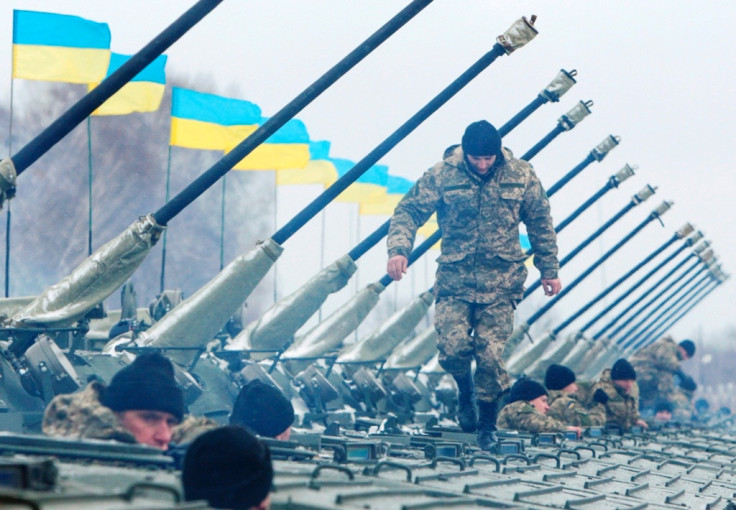EU ministers confirm extended sanctions on Russia as unrest continues in Ukraine

The European Union confirmed it has extended economic sanctions against Russia imposed for the country's "destabilising role" in Ukraine for another six months to 31 January 2016.
The sanctions, which were due to expire in July 2014, will affect five major state-owned banks and their foreign arms as well as three main energy firms and three military companies, the EU said in a statement on 22 June.
The EU said the sanctions would have expired if the conditions of the Minsk agreement would have been implemented.
EU ministers agreed in the European Council meeting in March 2015 that the sanctions, which were supposed to last for one year, should be extended unless Moscow shows it is making an effort to help resolve the issue in Ukraine.
The Minsk agreement requires Ukraine to get full control over its own border and wants withdrawal of heavy weapons on both sides. Despite pressure from EU countries, fighting is still going on in Eastern Ukraine.
Igor Sechin, head of Rosneft, Russia's main oil producer, told reporters earlier in June that he thought the wrong people were targeted, as European manufacturers also suffered from the sanctions, losing big Russian customers.
Sechin said, as reported by Reuters: "I still hope that this situation won't last very long because it violates the interests of all market participants who have no relation whatsoever to these conflicts, crises and so on."
Oil companies are targeted by the sanctions but gas producers are not affected.
© Copyright IBTimes 2024. All rights reserved.






